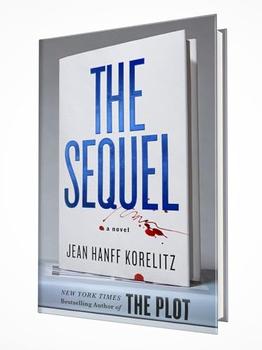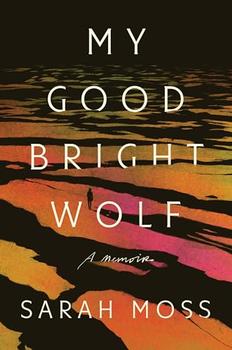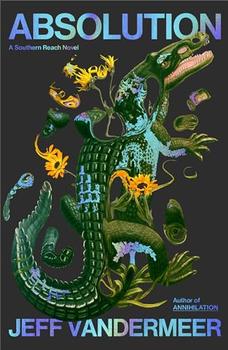
How to pronounce Naomi Benaron: nay-OH-mee BEN-uh-ron
Naomi Benaron describes the genesis of her first book, Running the Rift in a brief essay.
In the brief essay below, Naomi Benaron describes the genesis of her debut novel, Running the Rift, and explains the absolute freedom found in running.
I have been writing since before I could write. Before I understood the power of the pencil and dragged my mother into every store we passed to beg for one, I made up stories and plays and performed them for an audience of stuffed animals and Claribel, my clown. I made my mother change the endings of songs that didn't suit me and sing them in rhyme. The first story I wrote was about a Luna moth, and I wrote it because I was moved by the brevity of its life and the beauty of its wings. I wrote it because I did not want to believe in death.
After I was a writer, and before I was a writer again, I took a sinuous path to science. The child of two physicians, I knew I was destined to follow in their footsteps, but I fought it with every ounce of stubbornness I had. I went to Israel and lived on a kibbutz and wrote poems in a notebook. I hitchhiked through Europe and went to museums and wrote poems in a notebook. I worked on fishing boats in Florida, sailed to the West Indies and worked on charter sailboats, and wrote poems in a notebook.
When I lost the will to fight my destiny, I came home and went to MIT. I fell in love with the earth. I fell for the many-colored rocks born from volcanic chaos and from the slow steady drift of fossils and sand, and I fell for their tremble and shift that came to the surface as seismic fury. In order to get back to the sea, I went to Scripps Institution of Oceanography, sailed on their research vessel to the Indian Ocean, and from the captured seismic waves that came from barges of C4 sunk into the waters with a slow fuse, I wrote the story of the troubled and restless crust that lay beneath the island of Java.
I never lost my love for writing, and I have never lost my love for the logic and beauty of science, and I have never lost the urge to wander. I traveled to Rwanda and understood I would have to place myself inside the country's heart and write the story that that heart told me. I went to Antioch Los Angeles and got my MFA, and my story grew into a novel called Running the Rift. The novel mixed the strands of science - physics and geology - with the strands of the painful story of the country and with those of my third love: running.
I came late to running, and my obsession with it grew slowly. First, there were slow jogs around the lake in Dallas, where I worked for Mobil Oil, with a friend. Then a 5K and then a 10K. I started to train seriously, and to my amazement, I started placing and then winning my age group. I tried a half-marathon and then a marathon. I moved to California and tried triathlon. Sprint. International distance. Half Iron Man. Full Iron Man. It was always the run I waited for, the rhythm of my feet settling into my blood. It was always the run where I picked off one and then another of my competitors. I do my best thinking and my best writing when I am running - running hard. There is something about the effort, about pushing through the pain that clears the mind and lets the creative dreams whelm to the surface.
Like my protagonist, Jean Patrick Nkuba, I run because I have to run. I also write because I have to write, because words and stanzas and stories spin in my mind no matter what else I am doing: running, swimming, making dinner. And I told the story of Jean Patrick Nkuba, a young Tutsi boy, because his voice would not let me be until I wrote it down. In one sense, that story is finished; I have written the last page of Running the Rift for the last time. But in another sense, Jean Patrick Nkuba's story is just beginning. Now it is time to tell his story to the world. It is time to let him run, and run, and run.
Essay by Naomi Benaron reproduced with permission by Algonquin.
Unless otherwise stated, this interview was conducted at the time the book was first published, and is reproduced with permission of the publisher. This interview may not be reproduced or reprinted without permission in writing from the copyright holder.




Books are the carriers of civilization
Click Here to find out who said this, as well as discovering other famous literary quotes!
Your guide toexceptional books
BookBrowse seeks out and recommends the best in contemporary fiction and nonfiction—books that not only engage and entertain but also deepen our understanding of ourselves and the world around us.